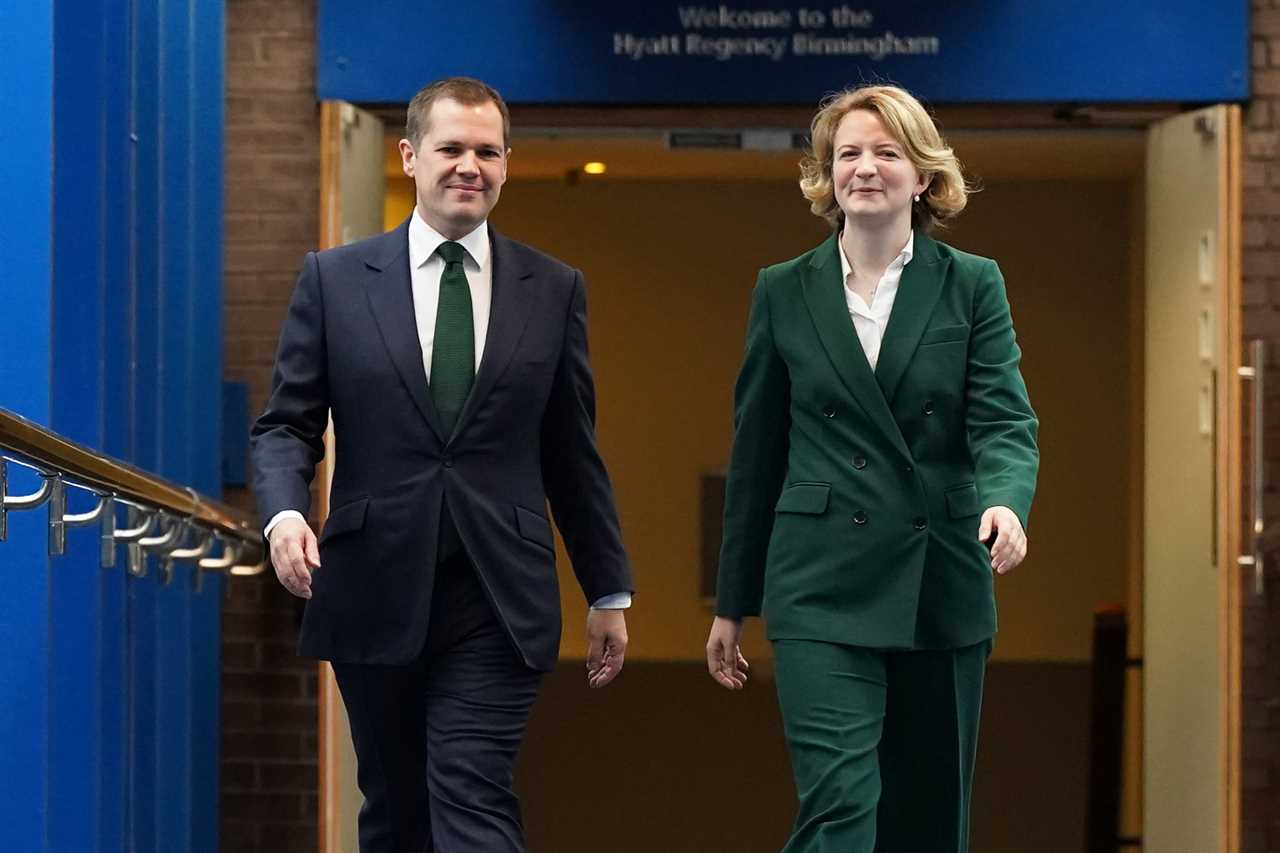
Within the intricate tapestry of social welfare lies a contentious issue that compels us to scrutinise the allocation of state support. As revelations emerge on the significant budget dedicated to migrants on Universal Credit, a complex debate unfolds, challenging our perceptions of fairness and fiscal responsibility. This discourse intertwines global migration trends, national economic priorities, and the moral duty towards both citizens and non-citizens in need.
Interrogating State Support and National Identity
Amidst the staggering figures of £6 billion annually spent on migrants receiving benefits, fundamental questions arise on the principles that underpin state assistance. How do we balance the imperative of aiding those in distress with the constraints of a finite budget? The notion that support should primarily serve British citizens raises intricate moral and economic dilemmas, urging us to re-evaluate the essence of inclusivity and compassion in a diverse society.
The Ethical Imperative and Fiscal Realities
Delving deeper into the statistics that reveal nearly 1.3 million foreign nationals claiming Universal Credit, we confront the intricate dynamics of labour participation and financial contribution. While the figures paint a stark picture of resource allocation, they also compel us to analyse the systemic factors influencing migrant access to benefits. The intersection of policy decisions, economic imperatives, and social welfare mandates shapes a landscape where compassion competes with financial prudence.
Redefining Integration and State Responsibility
The discourse around migrant benefits transcends mere financial figures, propelling us towards a nuanced exploration of integration policies and societal obligations. The concept of reciprocity in contributing to the economy and community intertwines with the ethical duty to provide a safety net for vulnerable individuals. As we navigate the complexities of immigration laws and welfare systems, we are confronted with the imperative to strike a delicate balance between inclusion and sustainability.

Policy Proposals and Public Accountability
Amid calls for reforming the eligibility criteria for benefits and redefining pathways to permanent residency, the political arena grapples with divergent visions of social welfare and national identity. The proposed shifts in policy, from extending residency requirements to restricting access to state support, underscore the profound ideological rifts that underpin the debate on migration and welfare. The public's trust in governance hinges on the ability to navigate these contentious issues with transparency and fairness.
In conclusion, the discourse surrounding migrant benefits on Universal Credit encapsulates a broader societal dialogue on inclusion, fiscal prudence, and ethical governance. As we navigate the intricate intersections of migration policy and social welfare provision, the imperative remains clear: to forge a path that upholds compassion, fiscal responsibility, and the shared values of a diverse and inclusive society.
Did you miss our previous article...
https://trendinginthenews.com/uk-politics/controversy-surrounds-decision-to-revise-sex-education-guidelines-for-primary-schools






